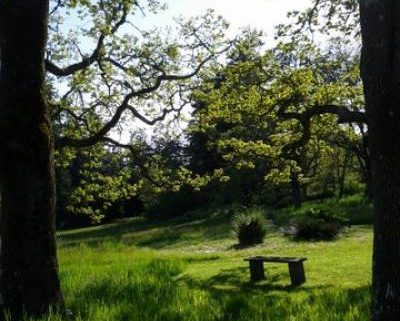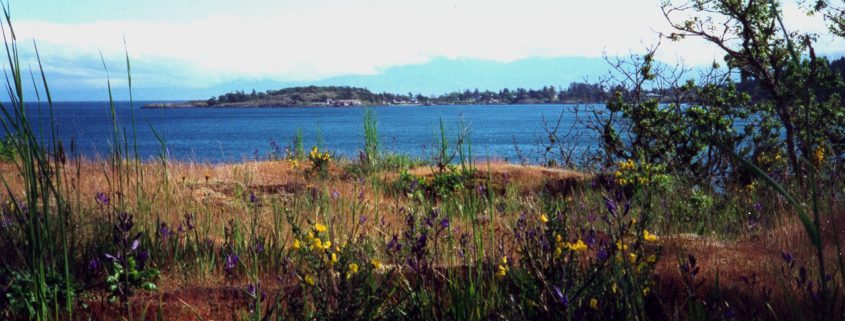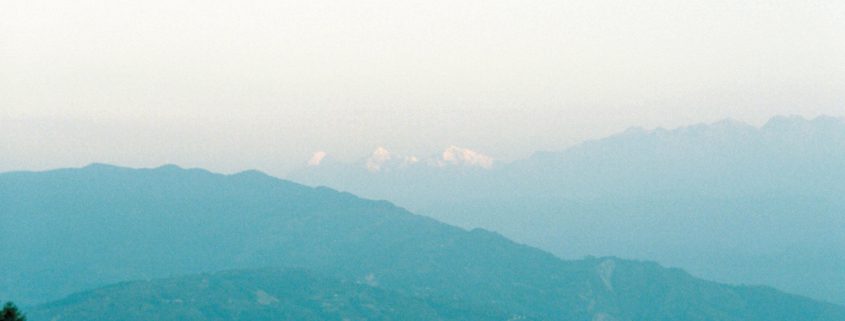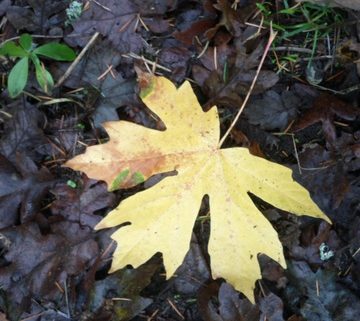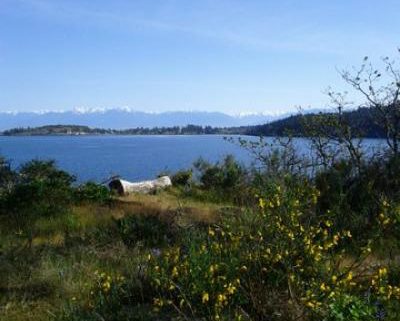The UVic Stillness Within Meetup returned on Wednesday September 26 with a new location at the UVic Grad House. The topic explored this month was “Discovering Stillness – Perspectives and Practices”. Six of us joined together to share our experiences, ponderings and collective understanding of what it means to explore stillness (and what this looks like in each of our lives).
For some, mindfulness or meditation has helped us to find deeper personal contentment, or supported us in moving through personal crisis (releasing rather than harbouring stress or turmoil). For some, it has been a part of our pursuit of spiritual understanding or advancement.
We considered the question of whether practice might in fact reinforce a sense of separation or incompleteness – can desire to earnestly practice inadvertently strengthen the belief that we must improve/achieve/advance to find lasting inner peace? Does sharing a meditation or other similar practice actually reinforce of a sense of personal self?
Krishnamurti spoke about meditation and some of his teachings seem to discourage formal ‘practice’ while other times, give it credence. Perhaps the quote below helps to shine a light on his perspective.
“Meditation is not the pursuit of an invisible path leading to some imaginal bliss. The meditative mind is seeing, watching, listening, without the word, without comment, without opinion, attentive to the movement of life in all its relationships throughout the day.”
Perhaps one way to look at meditation is really as an exploration or discovery, without an end in mind, that involves observing or inquiring, with as little judgement as we are able. And when judgement is there, noticing that too.
The group enjoyed a guided meditation by Joseph Goldstein that was intended to explore our inner awareness, or sensing ourselves as awareness. It also provided opportunity to observe the comings and goings of sensation, conditions and even our own ultimate impermanence. It pointed to the arising of thoughts and our existence beyond passing thoughts and beyond the concept of self.
Is there something beneficial in gathering with others to share these spaces? Who knows!! But it seems enriching nonetheless – even joyful – to meet with like minds…. And sometimes something more seems to shine through, something not about our individual selves or what we think we know.
We didn’t have time to listen to both of the guided meditations that were available. The second is an Eckhart Tolle eleven minute meditation focusing on inner stillness (available here).
Thanks to KECC for supporting the UVic Stillness Within Meetup group.

